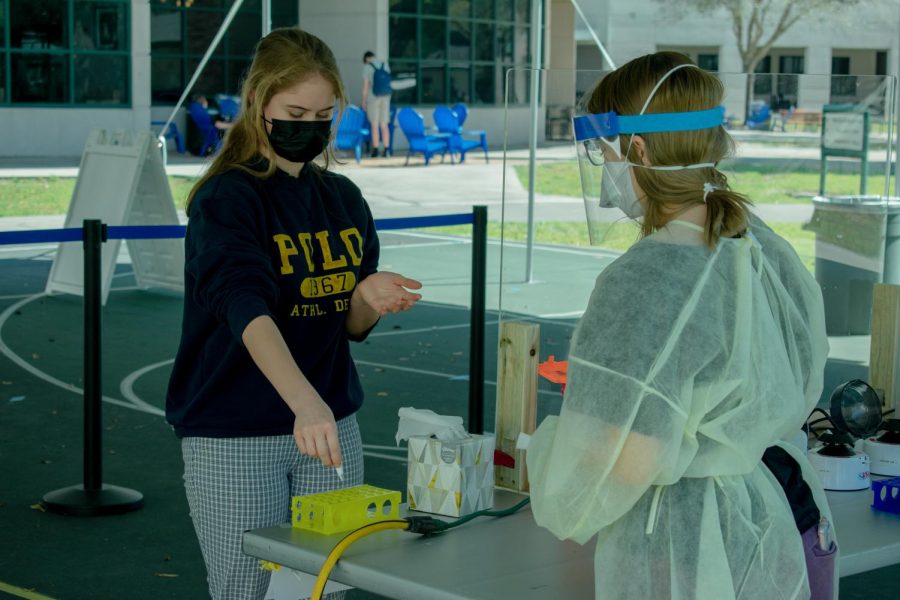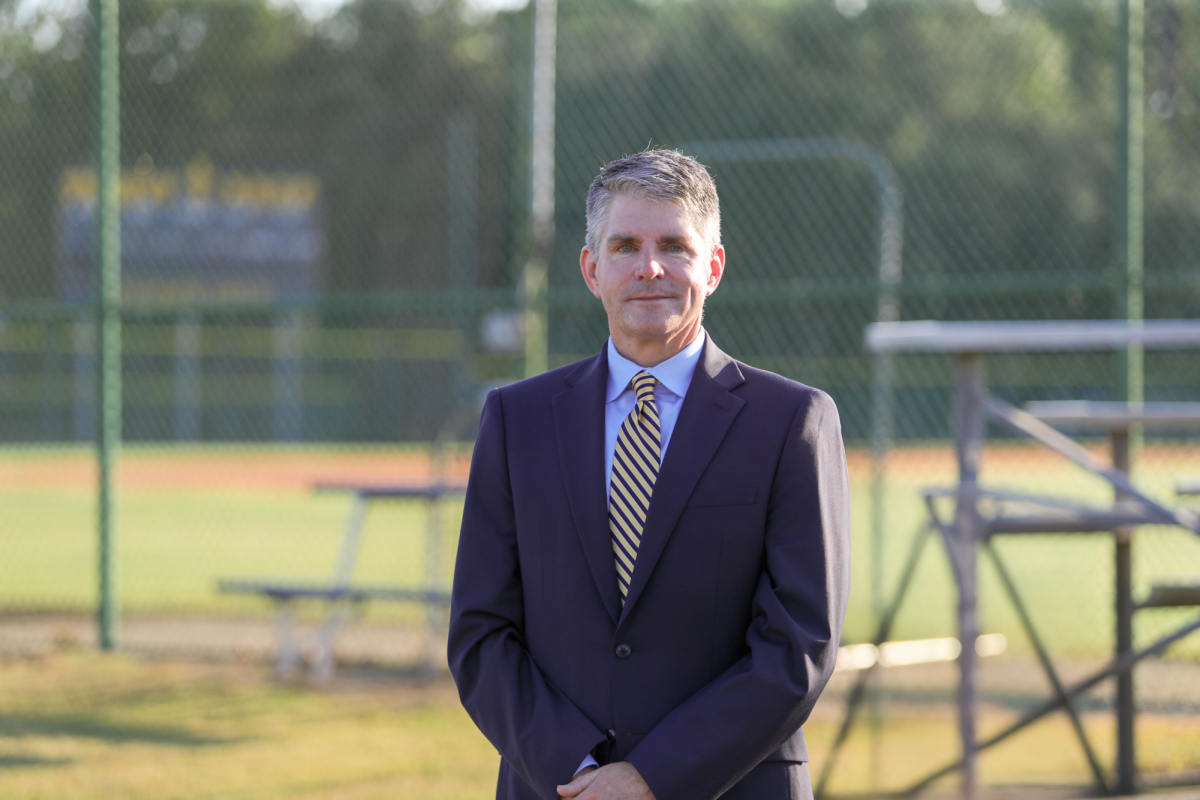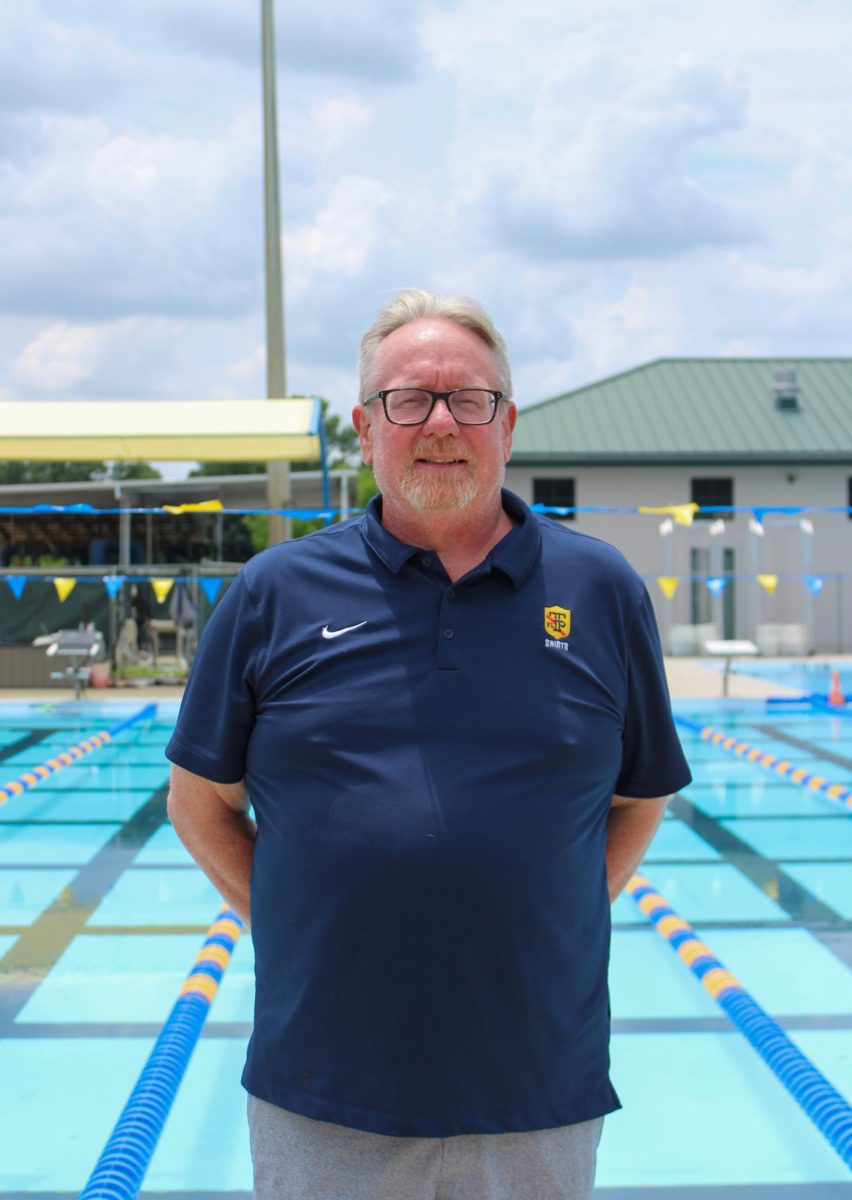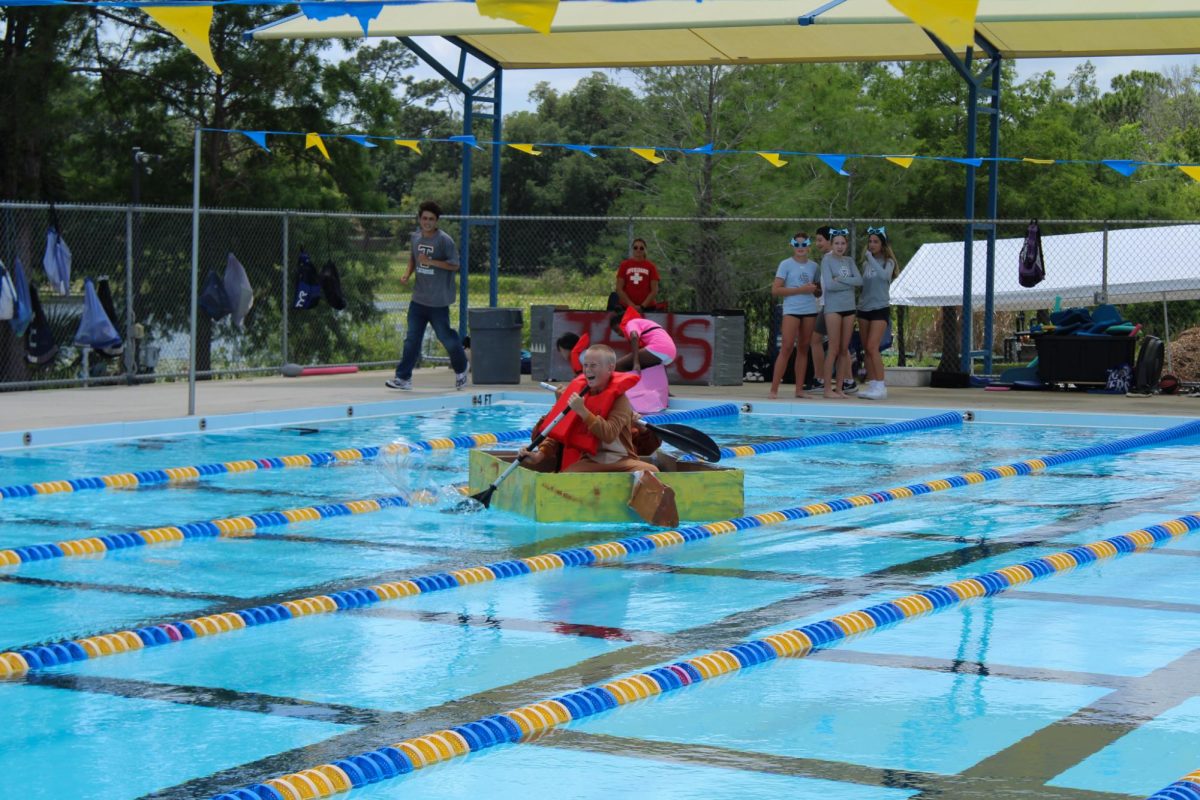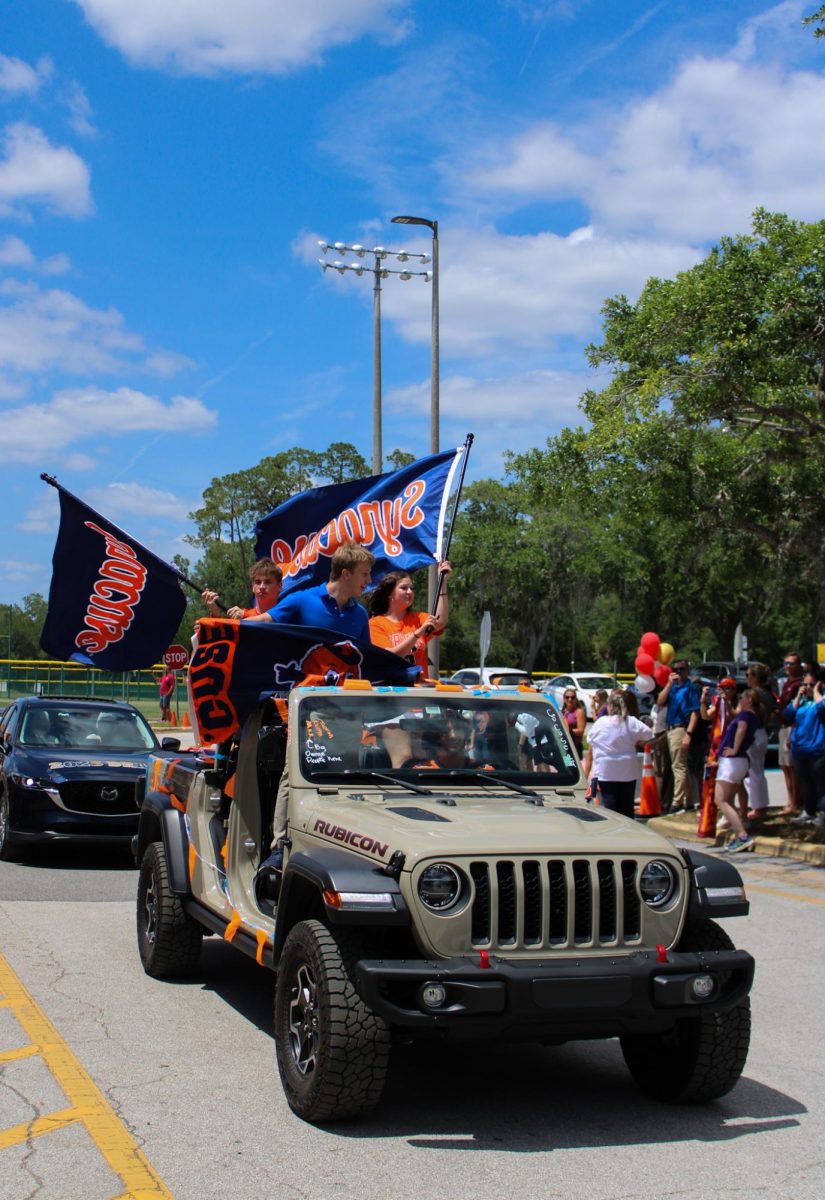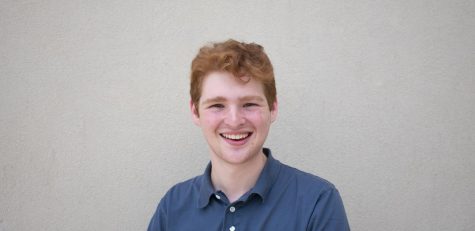Testing for the coronavirus has become a battlefield, as availability is few and far between across the country. Americans have had to drive dozens of miles just to produce a sample, and it may take days to receive a result, which could sadly come too late. Not only have people been unable to find the time during their workdays to get tested, but affordability has also become a major issue, with costs ranging wildly.
With the nation’s testing infrastructure being called into question numerous times over the course of the pandemic, Trinity is now offering students and faculty a pathway to completely bypass this chaos. Beginning In mid-February, a research study conducted in partnership with researchers at UCF and the Broad Institute of MIT and Harvard brought free COVID-19 testing onto campus.
Head of School Byron Lawson detailed that the school had been in talks since August to bring testing to campus. After mulling over many different approaches, researchers led by Dr. Taj Azarian proposed a study regarding how COVID-19 spreads among interconnected communities, as well as the feasibility of pop-up testing clinics.
“There are schools who are testing, but what’s really unique about us is that nobody’s doing it in partnership as far as I know, with any university, especially schools of a certain caliber like UCF and Harvard,” Lawson said.
While other schools across the country may make students pay for tests, the research study allowed participants to receive results for free. Lawson’s goal is to ensure that students continue to learn in the most effective learning space: in-person on campus. With cases still prevalent throughout Florida, especially from the new variants from the U.K. and South Africa, the school is bringing in testing infrastructure in hopes of shielding itself from the brunt of future coronavirus waves.
“We are inextricably linked to other places. We know that kids are going to catch this from somebody,” Lawson said. “The more testing you do, the more you know about what’s on your campus, or what’s in your space, the fewer people go out on quarantine. If I can minimize how many [students] go out on quarantine, I’m doing my job well.”
Azarian, an assistant professor at UCF’s Burnett School of Biomedical Science, described the study as an exploration of the risk factors and certain behaviors associated with positive COVID-19 cases. Having done his postdoctoral research at Harvard University, he connected with Trinity alumna Dr. Pardis Sabeti, one of the foremost epidemiological researchers in the nation. After working together to prepare Trinity for the school year, they proposed a research study to allow for students to get tested for the virus.
“The main scientific question we want to answer is whether pop-up testing at a school can be successfully implemented for routine surveillance,” Azarian said. “Why start this particular study at Trinity? It’s because the drive was there. There was interest from the administration, as well as the students and parents to implement this.”
Those eligible for testing are students, whose parents signed them up earlier this year, along with faculty and staff members who signed up. With around 180 students and faculty participating, Lawson said he hopes that the school will gain a clearer picture of the impact of the pandemic on the community. The sampling process, which takes about 5 minutes, is simple, quick and painless – unless lines begin to grow. Participants come to the tent between the library and the RAC to produce the sample. Each test is kept anonymous, and participants answer some COVID-related questions regarding symptoms or possible exposure.
“Pick up your vial. spit in your vial. Close your vial, and put your vial in a new box that will kill any active virus, walk away and disinfect your hands,” Lawson said, emphasizing the simplicity and non-invasive nature of the process in comparison to PCR tests, which involve nasal swabs.
The sample is tested at UCF, and if the virus is detected, the researchers will inform both the participant and the school within 24 hours, and contact tracing will ensue. However, only those who test positive will be contacted with their results. Then, the research component enters the fray. The RNA and other genetic material will be extracted from the virus to learn more about its origins, characteristics, and similarities to other viruses.
School Nurse Kelly White stressed that the tests are not meant for sick students to request; they are being used to explore the genetic information of the coronavirus, as well as to understand the scope of the pandemic’s impact on Trinity. White, who is aiding the researchers in conducting the study, said that students should not have concerns over the accuracy of the tests, however the school strongly urges those who test positive to take a PCR test in a healthcare facility to confirm their result.
“While the PCR nasal swab tests are the gold standard, the saliva tests are far less intrusive,” White said. “The reagents that Dr. Azarian has are 97.5% accurate. There’s hardly ever going to be a false positive or negative.”
Studies done by other research institutions have produced similar accuracy rates, as there is little to no difference between the accuracy of saliva tests and nasal swab tests, according to a report on 16 studies published in the Journal of the American Medical Association. The study indicates that saliva testing has shown 99 percent accuracy at identifying negative cases, while being far less invasive. However, it cannot be forgotten that no available test has been proven to be 100% accurate. In order to confirm test results, Azarian will confirm positive results with a similar process to PCR tests.
“By the time I report it out to the administration or the individual, I’m certain that it either contains the virus or very likely contains the virus,” he said.
While some students have shared concerns regarding the privacy of their date, Azarian said that there is nothing to worry about, as the protocols of the study prevent researchers from looking at anything personal.
“We want to make it clear that we’re sequencing the virus, and that has nothing to do with your human genetic material, which will be completely secure,” Azarian said.
White said she believes that because a larger portion of the school community will be regularly tested, students should expect higher positivity rates. Students who may have thought they were just feeling symptoms from allergies, fatigue, or stress, may actually be suffering from COVID-19. An increase in positive cases on campus could also be attributed to asymptomatic cases that would not have been normally detected.
Azarian emphasized that the research study is still open to new volunteers. Testing will continue at least once a week or every other week over the next few months, likely until vaccines are made available. Researchers hope that the study will help them learn more about whether pop-up clinics are effective enough to test school or work communities. The pandemic will likely have lasting effects for generations, but Azarian hopes that research studies like this will open the door to new advancements in infectious disease research, preparation, and detection.
Although Lawson praised the newfound ability for students and faculty to know their COVID-19 status, he implored that we must not let our guard down. It is imperative that we all continue to follow the CDC and the school’s guidelines for the safety of yourself, your family, and those around you.
“Please continue to follow our COVID protocols,” Lawson said. “If you feel the slightest amount of illness, do not come to campus… do not go to a party. Do not go to sports practices. Tell us [if you are infected]. We’re just asking people to be responsible for their health and the health of others.”




